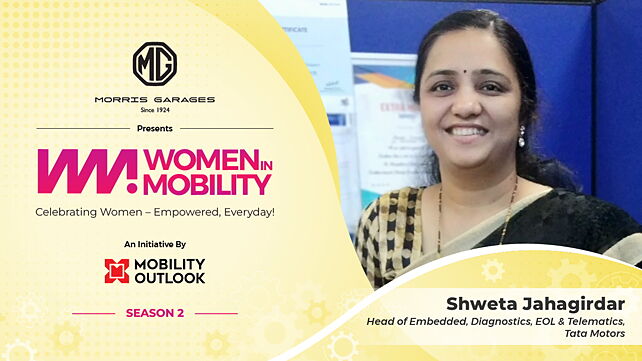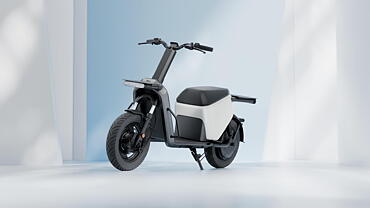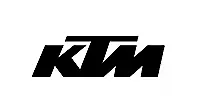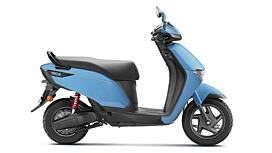
Despite being qualified as an engineer in electronics and telecommunications, fascination towards mechanics and the shopfloor environment made Shweta Jahagirdar pursue her career at Tata Motors.
Beginning her career in shopfloor, followed by the machine tool division, foundry, and Indica car plant, Shweta Jahagirdar today heads the Embedded, Diagnostics, EOL &Telematics at Tata Motors. She worked in a foundry, beginning with a project to the commission within eight days. As she was too short and thin, her colleagues in the foundry had their apprehensions when she reached the foundry on the first day to lead the project. However, after her first day, her colleagues realised that she could deliver and subsequently, she received full support for the project. 'We delivered the mould on the eighth day at eight-o-clock in the evening. Working in the foundry was a very happy experience, though the environment was dusty and not conducive to women employees,' she says.
After spending about ten years on the shopfloor, automation etc., she gradually shifted to support part of these systems. The electronics division of Tata Motors was like a small family for her, which helped the women colleagues to groom and grow. She has been a passionate technocrat working in various domains in the Engineering Research Centre of Tata Motors in the Electronics division. Today, Shweta Jahagirdar is involved in designing and developing Diagnostic Software for commercial and passenger vehicles manufactured by Tata Motors. Providing end-to-end diagnostics solutions for passenger and commercial vehicles, she's also specialised in on-board and off-board vehicle diagnostics. One of the pioneering team members in introducing Telematics and Connectivity at Tata Motors, she continues to be involved in the areas of connectivity and ITS to identify the new connectivity zones and digitise them. With her experience in shopfloor followed by the machine tool division, foundry, Indica car plant, and finally to the electronics division of the vehicle maker, she observes that there are two impediments for women to grow in their careers - Emotional and Practical. She strongly believes that any housewife or working woman will always feel that she should excel in any field she chooses – family or profession. They always wanted to be A+ grade, which is a stress and stress booster - a major impediment for women. She says that shift jobs, travel, striking a balance between home and work, maternity/sabbatical leave, and deciding on where to give priorities - all these affect women. However, she adds that new mobility, which is about connectivity and data monetisation, will give women more opportunities.
Watch The Conversation Here: http://bit.ly/3GR7pxH










































































